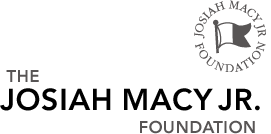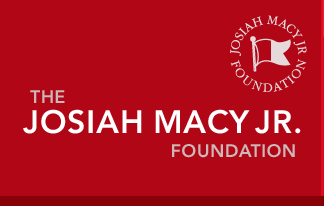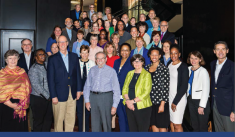Our Grantees
Across the Foundation’s priority areas, our grantees are working to improve the health of the public through innovative research and programs. The Foundation awards up to 40 grants on a rotating schedule each year.
Train-the-Trainer Interprofessional Faculty Development Program
The grant details for this project have been updated. Please go here for the most recent information:
Archived Information:
The University of Missouri-Columbia School of Medicine is building on a previously Macy-funded pilot to develop a national program for interprofessional education (IPE) faculty development. Together with two other Macy grantees, University of Washington and University of Virginia, they will develop three regional centers for IPE faculty development.
The co-PIs and the regional centers will:
- leverage existing partnerships and common interests among stakeholders to create a national advisory committee that includes national health professions educational leaders and leaders from successful faculty development programs;
- identify core elements of the curriculum that can be administered at each of the training hubs;
- identify training hub-specific curricular elements that can be added to the core program as part of the training;
- develop a model for marketing the training program to the target audience (faculty from academic health centers, practice-based training sites, rural sites, and single-specialty health professions schools);
- create a secure web-based directory of curricular resources, evaluation tools, and communication platforms utilizing the Macy and HRSA-funded website at UW Center for Health Sciences Interprofessional Education, Research and Practice;
- deliver two training cycles per regional center per year for three years;
- assess the outcomes of the initial training efforts at each of the regional centers using a mixed methods evaluation;
- create a sustainable business model for the regional centers using counsel from the national advisory committee and a business consultant;
- transfer curricular, evaluation tools, and other resources to national organizations and centers such as IPEC, NCIPE, and AIHC; and
- disseminate lessons learned from the initiative through appropriate publications and presentations.




 11.13.18
11.13.18